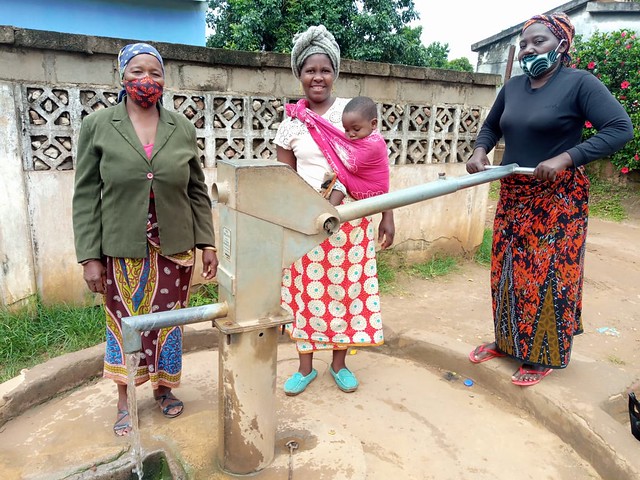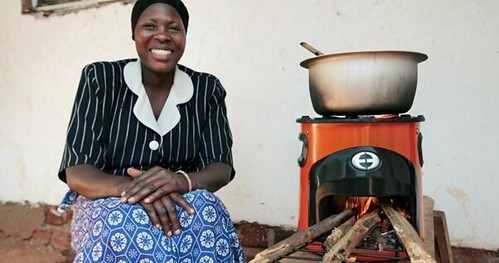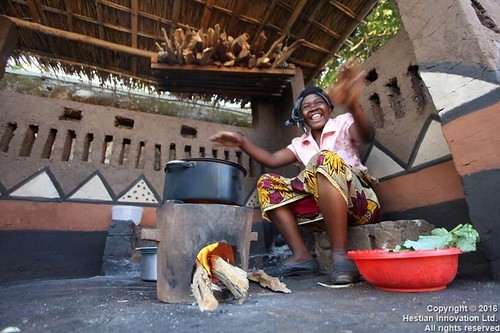

The following are four international carbon offsetting projects we have supported as part of our efforts to compensate for the emissions generated while hosting guests at The Old Coach House, Nettlebridge. These donations were made through a program by Carbon Footprint Ltd, which carefully selects projects that meet high standards of sustainable development. The photographs and project descriptions are all from Carbon Footprint Ltd.
Country: Zambia
Project Type: Clean Drinking Water


Country: Eritrea
Project Type: Clean Drinking Water


Country: Uganda
Project Type: Cookstove


UpEnergy’s stoves replace primarily the traditional three-stone fires. Since it was founded, UpEnergy has served over 125,000 Ugandans. The environmental impact is considerable, with 30,000 tonnes of CO2 emissions avoided and over 120,000 trees saved thus far. The households we serve save several hours per day through reduced time needed for cooking and fuel collection, and those who purchase fuel save $72 per year.
Perhaps the most compelling impact on the individual level comes from the income generating opportunities we offer our retailers and sales agents. For example, Aaron Okello is a motorcycle taxi driver turned stove salesman whose life was completely transformed due to income from working with UpEnergy. Aaron was able to relocate his wife and three children from northern Uganda to the city, rent suitable housing for the entire family, and pay school fees for all of his children, an important step towards recognition and respect in his culture. Another example, Richard, who was previously a market vendor in East Africa’s largest open-air market, has seen his life change not only from a financial perspective but from a personal perspective also.
Country: Malawi
Project Type: Cookstove


The project aims to disseminate over 8,000 improved energy efficient cookstoves to homes in Malawi. The stoves are more efficient and use less wood for household cooking and heating than traditional stoves.
Malawi is classed by the United Nations as a Least Developed Country (LDC). The economy is heavily based on agriculture, and it has a largely rural and rapidly growing population.
The project promotes improved kitchen and firewood management practices e.g. use of less firewood, use of dry firewood, using a pot lid while cooking and soaking legumes before cooking to households in the Northern, Central and Southern Districts of Malawi. The improved technology and practices are intended to replace less efficient technologies and practices and result in biomass conservation and a reduction of greenhouse gas emissions into the atmosphere from the burning of solid biomass.
Ancillary benefits include reduced smoke during cooking, which reduces exposure to health damaging pollutants and reduced time and effort procuring wood fuel. The stoves are attractive to end-users and can result in quicker cooking times. The stoves are locally made using local materials wherever possible, resulting in local income generation and the acquisition of new skills for local people.
The project targets low-income Malawian households. Almost all firewood users in Malawi (91%) use 3-stone stoves for domestic cooking and heating that are not fuel efficient, produce a lot of smoke and are the source of many injuries and accidents. It is estimated that less than 0.5% of the population are using any sort of improved biomass stoves, and many households, particularly in rural areas, collect fuel for cooking at little or no financial cost.
It is estimated that over 97% of Malawian households use solid fuel as their primary source of energy (87.7% use firewood, 8.9% charcoal and 0.8% crop residue).